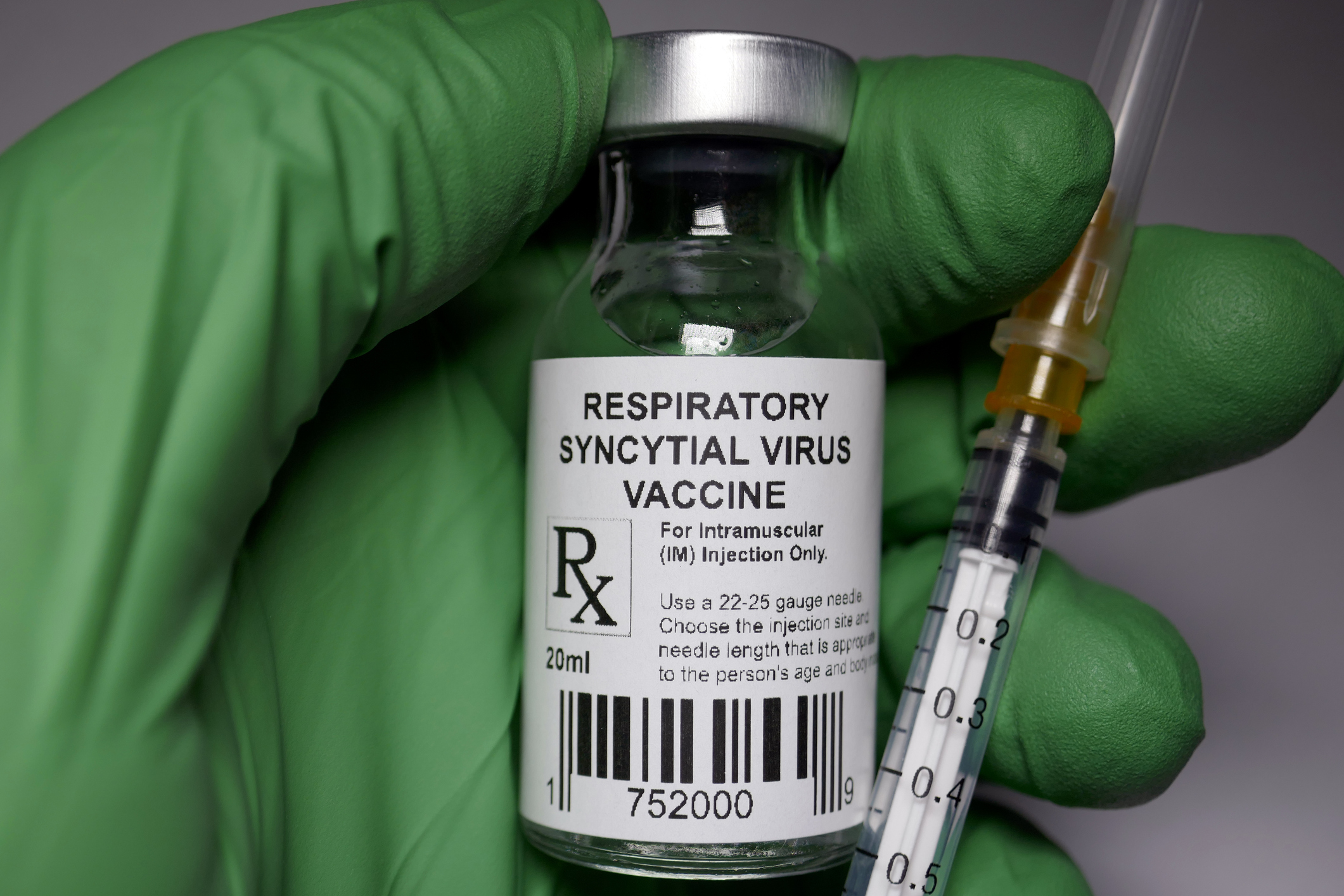The U.S. Food and Drug Administration (FDA) has approved GSK’s respiratory syncytial virus (RSV) vaccine for adults aged 50 and older who are at higher risk of severe RSV. This makes it the first RSV vaccine authorized for this age group. Previously, the vaccine was only approved for adults 60 and older.
:max_bytes(150000):strip_icc()/Health-Stocksy-3670821-ae1d7ea791f240f1ba5076bcb19fae0e.jpg)
Clinical Trials and Future Plans
GSK requested the FDA to extend the vaccine’s approval to younger adults, based on data showing similar immune responses in this age group. The company plans further trials for adults aged 18 to 49, with results anticipated later this year. Meanwhile, Pfizer and Moderna are also testing their RSV vaccines for younger adults, with Pfizer preparing to submit positive data for ages down to 18. The next step for GSK’s vaccine is to secure a recommendation from the Centers for Disease Control and Prevention’s (CDC) Advisory Committee on Immunization Practices for adults between 50 and 59. This endorsement, expected during meetings in June or October, would facilitate insurance coverage.
Public Health Implications
Vaccinating adults in their 50s against RSV could have significant public health benefits, although the advantage is narrower compared to older adults. Pre-existing medical conditions play a more critical role in the severity of RSV infections in this age group. Dr. Phil Dormitzer, GSK’s senior vice president and global head of vaccine research and development, noted that RSV often exacerbates underlying health issues such as COPD and heart failure.
Safety data from GSK’s trials indicate comparable results for adults aged 50 to 59 and those over 60, although side effects may be slightly stronger in the younger group due to more robust immune responses. The CDC has previously addressed concerns about rare cases of Guillain-Barré syndrome (GBS) following RSV vaccination, with about 1.5 cases per million doses of GSK’s vaccine. However, GSK’s trials did not reveal any significant trends of GBS in the 50 to 59 age group.
Considerations for Boosters
The CDC panel will also consider the necessity and timing of booster shots for RSV. Initial expectations were for annual immunizations, but GSK’s data suggest that the vaccine’s protection lasts longer than one season. Dormitzer mentioned that GSK plans to present more trial results to the CDC in June, including studies on boosters spaced up to three years apart.
“This is a key question. People originally anticipated it might have to be an every-year immunization. But then we found the duration of protection lasts for more than one season, clearly,” Dormitzer said.

With the expanded approval, GSK’s RSV vaccine represents a significant advancement in protecting more adults from severe RSV infections, particularly those with underlying health conditions that heighten their risk. As further trials progress, the hope is to provide even broader protection across more age groups.
